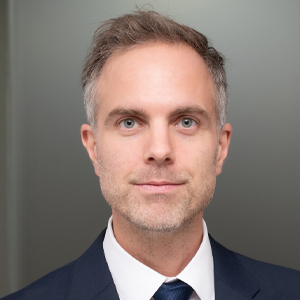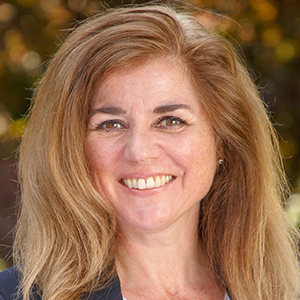Revenge porn (Image Based Sexual Abuse) is an increasingly pervasive problem. It can affect anyone.
Cases often arise out of an existing relationship, where there may be voluntary and consensual sharing of images. But problems can arise when the relationship breaks down, or if something changes. There can be an actual or threatened disclosure of intimate and private images/video to third parties, without the consent of the victim. Whether that disclosure is to a small or large audience, it can have a profound and psychologically-damaging effect.
Being the victim of, or being accused of, this sort of abuse can be devastating for anyone. But it is most concerning for those who are subject to professional regulation, particularly healthcare professionals such as doctors, dentists and nurses. For them, actual or alleged revenge porn also risks causing serious harm to their professional standing and career.
The GMC and other professional regulators have codes of conduct which could easily be breached by being a perpetrator. For example, from January 2024 the latest version of the GMC’s code of conduct “Good Medical Practice” expressly confirms that “displaying or sharing images” is considered as acting in a sexual way, and if done to a colleague or a patient, could be a breach of the expected professional standards. For the same reason, an unfounded allegation that a regulated professional committed an act of Image Based Sexual Abuse would leave that professional in a very vulnerable position and potentially facing the considerable stress of police or regulatory investigation.
If the regulated professional is the victim, fear of professional embarrassment or regulatory difficulties can add to the psychological distress and legal complexity. For example, if the images were taken in a healthcare setting, that might show that the victim themselves committed a relatively minor breach of professional standards by creating the images there. The victim might be reluctant to take action against the perpetrator for fear of a regulatory sanction, or of losing the respect of peers and colleagues. Any healthcare professional who is the victim of Image Based Sexual Abuse would need holistic legal advice to stop the abuse while still protecting their professional position.
The law on revenge porn
Some victims suffer in silence because they assume that the law is powerless to help them or feel that reporting the matter will only add to their embarrassment. Others assume that the law cannot help them if the disclosure of images is only threatened and has not yet happened. But in fact, there are several ways to protect victims of Image Based Sexual Abuse, including where the abuse is by way of threats rather than actual sharing.
The matter can be reported to the police because The Criminal Justice and Courts Act 2015 s.33 makes it a criminal offence to share a private sexual photograph or film if the disclosure is made without consent and with the intention of causing distress.
There are a range of civil law remedies that can also assist. If the threatened disclosure has not yet happened, the courts may in certain circumstances grant an injunction to prevent disclosure. Where the images have actually been shared, victims often wish to have the images removed from public view as a priority. If the image has been posted on a website or on social media, a pre-action letter can be sent to the platform/host requiring them to take down the image. The platform/host may be obliged to do this if the image violates their own terms of use, or breaches other laws such as data protection law or s33 of the 2015 Act. If the platform/host fails to act, then a court application can be made.
Other criminal and civil actions can be taken if the act was also a breach of the Malicious Communications Act 1988, the Protection from Harassment Act 1997, the Protection of Freedoms Act 2012, the Computer Misuse Act 1990, the Data Protection Act 2018/GDPR, or even the Theft Act 1968 if there was any blackmail involved.
Where the alleged perpetrator is a regulated professional, it might also be appropriate for the victim to refer the alleged acts to the regulator for investigation. However, this process would be separate to any legal action, and could not be used as a negotiation tactic on behalf of the victim.
Regulated professionals who are accused of revenge porn need urgent specialist legal advice and representation. This helps to ensure that investigators make the correct findings of fact to avoid unjustified punishments or sanctions. Robust representation is especially important where the allegation was malicious and intended to undermine their career.
Taking action or not, in such cases can have a profound impact on your, or another person’s, professional standing, including potentially in relation to overall fitness to practice.
If you are a regulated professional and have been a victim of or have been accused of revenge porn, then specialist, holistic and compassionate legal advice is essential. Please contact Will Charlesworth and Tracy Sell-Peters.
This article is for general information purposes only and does not constitute legal or professional advice. It should not be used as a substitute for legal advice relating to your particular circumstances. Please note that the law may have changed since the date of this article.


